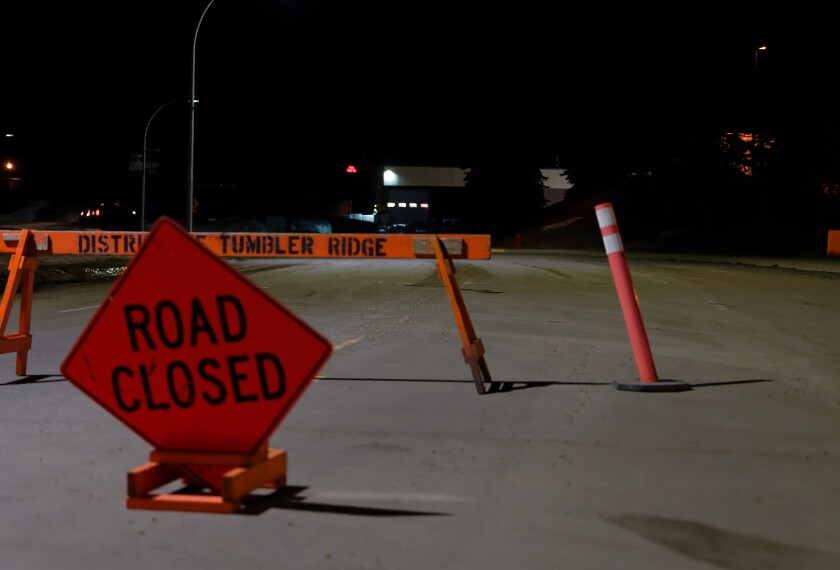St. Augustine, an early Christian theologian and philosopher, is believed to have said, “Hope has two beautiful daughters; their names are Anger and Courage. Anger at the way things are, and Courage to see that they do not remain as they are.”
Too often, people lose hope after tragic events like the school shooting in Parkland, Fla., precisely because they fail to translate their anger into the courage necessary to make change. (This is not to mention the political hang-ups and distractions that also prevent action.)
But we educators are heartened as we witness the furious courage of the Parkland shooting’s teenage survivors. Their #NeverAgain campaign channels their anger and catalyzes our collective hope.
We have a moral responsibility to move beyond prayers, thoughts, and sympathy to real action."
We are leaders of schools, school networks, education foundations, policy organizations, nonprofit ventures, curriculum publishers, and parent-engagement organizations. We run preschools, primary schools, high schools, school districts, and universities. We prepare teachers and principals and early-childhood educators. We are national policy experts, scholarship providers, and superintendents. We operate public school districts, charter schools, and Catholic schools—from the West Coast to the East Coast to the deep South to our nation’s heartland.
We want our nation’s leaders to know that we have lost patience with their inaction. But we got into this work because we believe in the next generation. And the response of the young people of Marjory Stoneman Douglas High School has shown us that they are ready to become our leaders. While we stand embarrassed that our children have to call us out from the funerals of their classmates, we must not stand idle, hanging our heads in shame. We must step up and join them to ensure that these initial steps are not the last.
Since April 20, 1999, the day of the mass school shooting at Columbine High School in Colorado, there have been shootings at an estimated 170 schools in the United States. In that time, more than 150,000 children have been at school when an active shooter fired a gun, according to a Washington Post analysis. Six school shootings with injuries or deaths have happened in this year alone.
“We’re the children. You guys are the adults ... Get something done,” Parkland survivor David Hogg demanded on CNN one day after the shooting. Emma Gonzalez, another surviving senior who spoke at a gun-control rally days after the shooting, rejected the “it is what it is” mentality that too frequently follows school shootings. “If you actively do nothing, people continually end up dead,” she said.
These two students are not alone. There are 3,300 students at Marjory Stoneman Douglas High School, and 270,000 in the Broward County District—and they are all channeling their anger, courage, and hope into action. They are meeting with elected officials, traveling to Florida’s State Capitol in Tallahassee, going to Washington, and confronting the NRA. And their actions have already won important changes from retail giants like Walmart and Dick’s Sporting Goods, who are changing the way they do business in response to these brave young people who have discovered their voices.
We have a moral responsibility to move beyond prayers, thoughts, and sympathy to real action. As educational leaders, we should be the first to join these students in rejecting what Gonzalez decries as the “it is what it is” mindset. If we do not join them, we essentially tell our children, “It is too hard, so we will not try.”
For more responses on the Parkland shooting, read a round-up with a dozen educators’ thoughts on guns and schools: After Parkland, Where Do We Go From Here?
Good teachers know that we can do hard things. We do hard things by taking one step at a time, determining the most effective solutions to thorny problems. Our children deserve nothing less.
Gun violence is not merely about mass shootings. Guns infect our schools in far more frequent and insidious ways. Every day, children in high-crime communities enter our classrooms traumatized by gun violence and tragic loss. This trauma hampers their learning and engagement in school. Educators confiscate guns in schools all too regularly. Many of us only glimpse the trauma of gun violence when mass shootings occur. But the seldom-discussed invisible impact is that thousands of students experience gun violence daily in urban, suburban, and rural America.
Tragedies like the Parkland shooting are just the most visible and disturbing illustration of the problem, and so have the greatest capacity to shake us out of our stupor, to marshal our anger, and turn it to courage for change.
We can hold leaders in every state accountable. We can demand a set of steps that are known to work, such as the package of reforms passed in Connecticut in the wake of the state’s Sandy Hook school shooting in 2012. The state’s sensible gun laws have reduced gun deaths there, including by suicide.
By banning assault weapons and high-capacity ammunition cartridges, creating permits to carry firearms that require the approval of the town’s chief of police, and introducing “red flag” laws—methods for law enforcement to remove guns from those who present an imminent risk—Connecticut lawmakers made their cities and schools safer. Since the Parkland shooting, states such as New Jersey are revisiting legislation to implement similar laws.
We join the survivors of Parkland—and those of every other senseless school shooting—in insisting that students never hear shots fired in schools again. Teachers, school leaders, district leaders, foundation presidents, college and university presidents, and anyone else who cares about our nation’s children: Call your federal and state representatives and demand Connecticut-style gun laws today. Call again next week and every week after that until they pass sensible laws.
Let’s be grown-ups. Our brave students’ lives depend on it. #NeverAgain.





